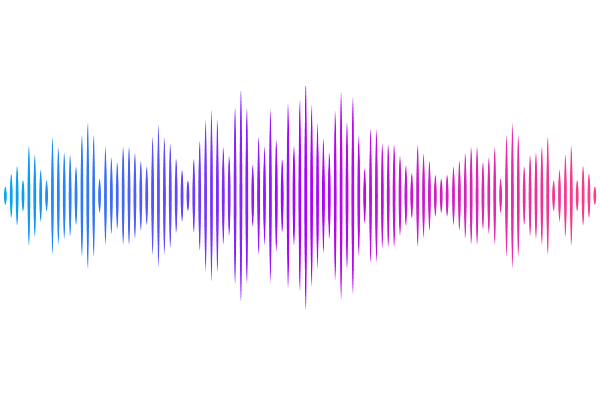Homologous recombination deficiency and tumor suppressor heterozygosity mediate resistance to front-line therapy in breast cancer

Homologous recombination deficiency and tumor suppressor heterozygosity mediate resistance to front-line therapy in breast cancer
Safonov, A.; Marra, A.; Bandlamudi, C.; O'Leary, B.; Wubbenhorst, B.; Moiso, E.; Lee, M.; Donoghue, M.; An, J. A.-R.; Will, M.; Pareka, F.; Ahmed, M.; Nizialek, E.; Lukashchuk, N.; Sofianopoulou, E.; Liu, Y.; Huang, X.; Schultz, N.; Berger, M.; Scaltriti, M.; Reis-Filho, J. S.; Li, B. T.; Offit, K.; Norton, L.; Solit, D. B.; Shah, S.; Maxwell, K. N.; Couch, F.; Nathanson, K. L.; Robson, M. E.; Turner, N. C.; Chandarlapaty, S.; Razavi, P.
AbstractGermline and somatic variants that drive breast tumorigenesis and therapeutic sensitivity are widely prevalent. The clinical and biologic significance of co-occurring disease-defining germline and somatic events have yet to be defined and exploited. Using multiple, independent clinical cohorts comprising over 4500 patients, we identify that pathogenic RB1 variants are enriched in gBRCA2-associated cancers, and manifest poor outcomes on standard-of-care frontline CDK4/6i plus antiestrogen combinations. We demonstrate gBRCA2-associated cancers commonly give rise to allelic configurations manifesting RB1 heterozygosity and readily lose the second copy through gBRCA2 loss-mediated homologous recombination deficiency (HRD)under the therapeutic pressure of CDK4/6i. The findings unveil a novel therapeutic strategy of targeting the underlying HRD through PARPi prior to CDK4/6i to intercept the deleterious RB1-loss trajectory. The work reveals how germline-somatic driven genomic configurations can shape treatment responses and be exploited in biomarker-directed clinical strategies.